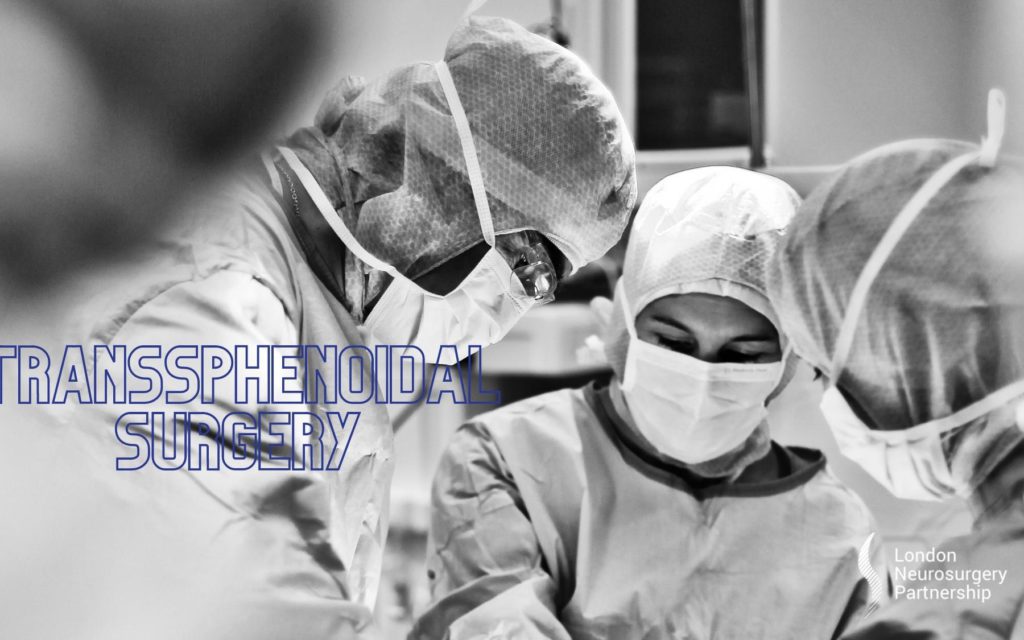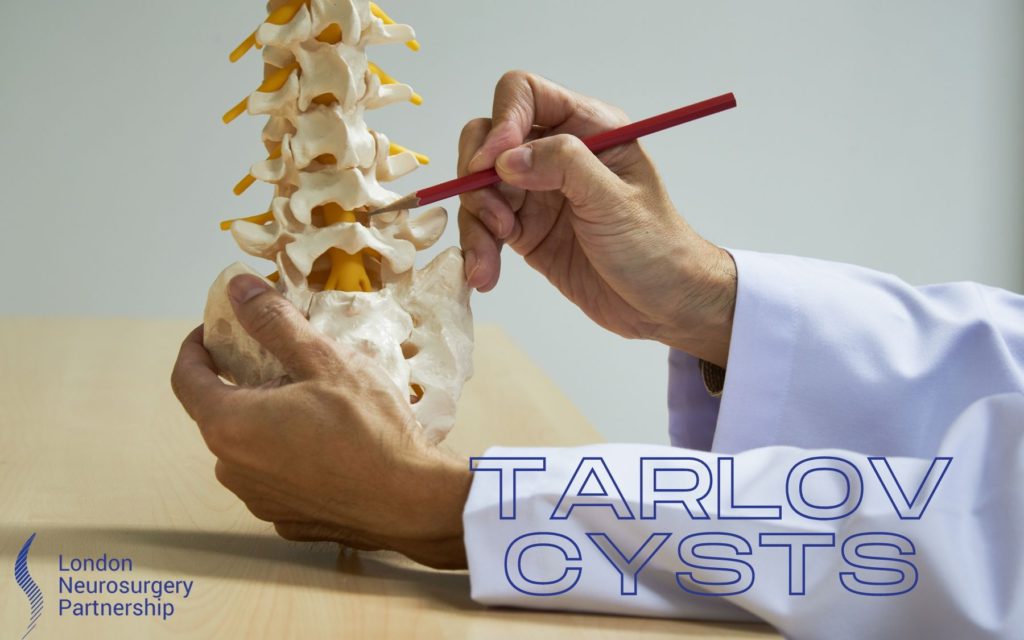
Transsphenoidal surgery is a surgical procedure that is done to remove pituitary and skull base tumours. The word transsphenoidal means ‘through the sphenoid sinus’.
This procedure is usually performed by a neurosurgeon and an ENT (ear, nose and throat) specialist. The surgery is performed through the nose and sphenoid sinus to remove the pituitary or skull base tumour. A section of the nasal septum is removed to allow access to the affected area, this part of the surgery is done by the ENT specialist. As it is an endoscopic procedure, an endoscope or microscope is used.
A pituitary tumour can result in the release of too many hormones that regulate important functions of your body. Whereas other pituitary tumours can cause your pituitary gland to produce lower levels of hormones.
Here are some of the conditions that can be treated with transsphenoidal surgery:
- Pituitary adenoma: a tumour that grows from the pituitary gland; affecting hormone levels
- Craniopharyngioma: a benign tumour (non-cancerous) that grows from cells near the pituitary stalk
- Rathke’s cleft cyst: a benign cyst or fluid-filled sac, between the anterior and posterior lobes of the pituitary gland.
- Meningioma: a tumour that grows from the meninges (dura), the membrane that surrounds the brain and spinal cord.
- Chordoma: a malignant bone tumour that grows from the skull base
Like with any surgery, your surgeon will talk through all the different options before you go ahead. Do not be afraid to ask your surgeon any question; they are there to support you.
If you would like to speak to our team about transsphenoidal surgery or other surgical options, please call us on 0207 034 8709 or email us at info@londonneurosurgerypartnership.co.uk
This article is intended to inform and give insight but not treat, diagnose or replace the advice of a doctor. Always seek medical advice with any questions regarding a medical condition.





0 Comments